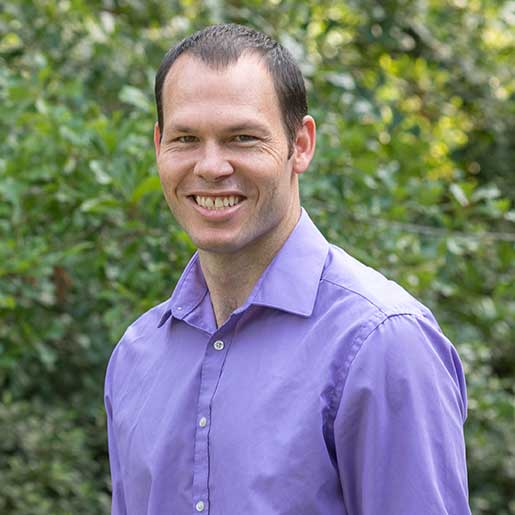Since immune checkpoint blockade (ICB) therapies have shown significant clinical benefit for several cancer types it is evident that engaging the immune system is an exciting therapeutic approach. However, only a fraction of patients respond even after stratification. A better understanding of the complexity of the tumor immune microenvironment (TIME) is crucial for optimal cancer care and for increasing the number of patients that can benefit from ICB.
TGF-beta 1 and -beta 3 are potent drivers of the immune suppressive tumor microenvironment. The effects of TGF-beta are both direct, via inhibition of the recruitment and activation of anti-tumor T cells, and indirect, via the activation of cancer associated fibroblasts and promotion of fibrosis. These effects lead to tumor escape from immune surveillance, and to resistance to immune checkpoint blockade (ICB) therapies. Targeting TGF-beta thus represents a promising therapeutic strategy to convert immune cold into immune hot tumors and to increase the number of patients benefiting from ICB therapy. At Forbius, we have developed a workflow to analyze the tumor microenvironment in order to evaluate pharmacodynamic responses in patient sample biopsies to therapeutics.




